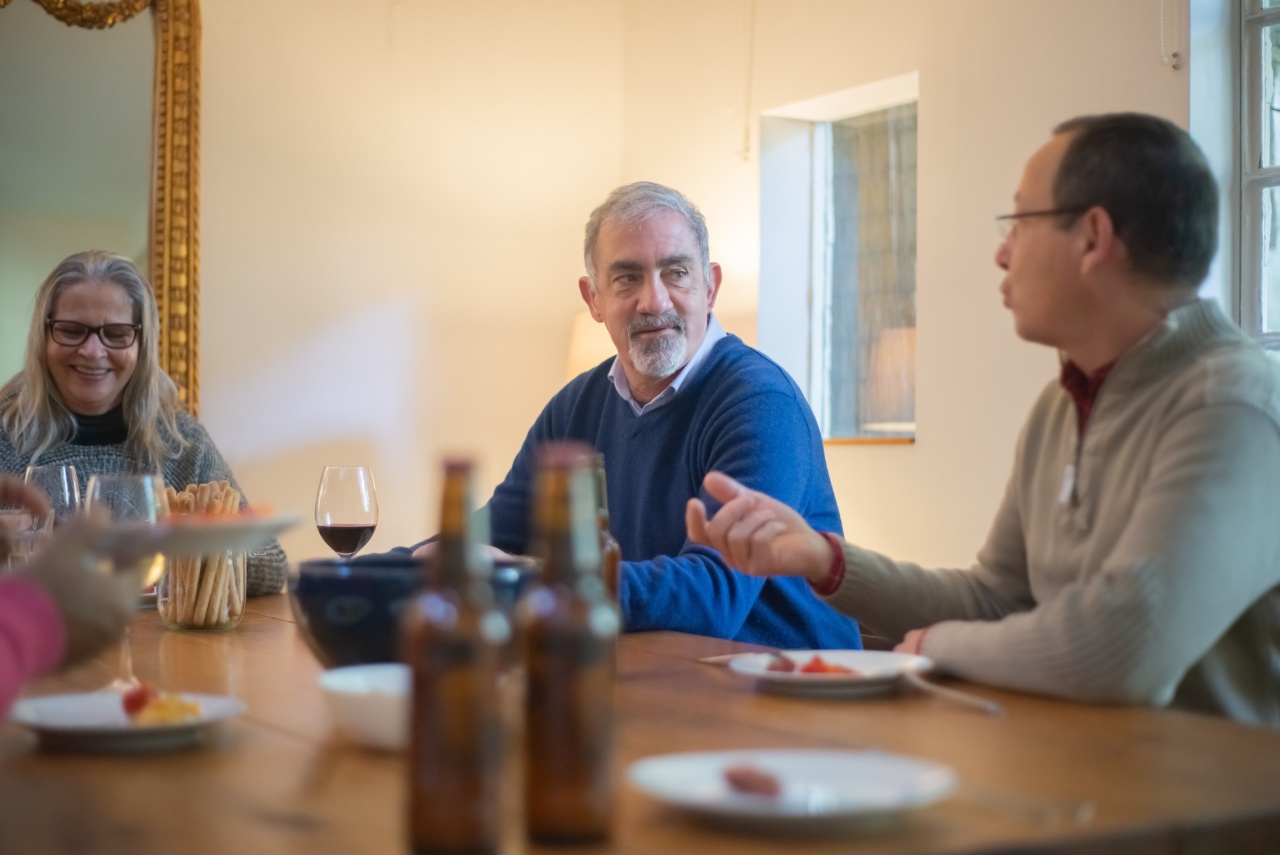As we age, we may find ourselves becoming more isolated from our friends and loved ones. This can be due to a variety of reasons, such as retirement, mobility issues, or the loss of loved ones.
However, maintaining social connections is crucial for our mental and physical health, especially in old age. In this article, we explore the benefits of socializing in old age and why it is essential for a happy and healthy life.
Boosts Mental Health
Socializing has numerous benefits for our mental health. It helps to reduce feelings of loneliness, anxiety, and depression, which are all common in old age.
Research has shown that socializing can help to improve cognitive function, including memory, attention, and problem-solving skills. It also provides a sense of purpose and belonging, which is essential for a fulfilling life.
Improves Physical Health
Socializing can also have a significant impact on our physical health. Studies have found that having regular social connections can help to reduce the risk of chronic diseases, including heart disease, stroke, and diabetes.
It can also help to improve immune function and increase longevity. The social support provided by friends and family can also aid in recovering from illness or injury.
Provides Stimulation and Learning Opportunities
Socializing can provide a wealth of learning opportunities and mental stimulation. Engaging in stimulating conversation with others can help to keep the mind active and prevent cognitive decline.
Participating in social activities such as book clubs, group outings, or volunteering can also provide opportunities for learning and personal growth.
Offers a Sense of Connection and Belonging
As we age, it is common to experience a loss of social connections due to retirement, relocation, or the passing of loved ones. Socializing can help to combat feelings of isolation and provide a sense of connection and belonging.
Joining clubs or organizations that align with personal interests can be a great way to meet new people, develop friendships, and create a sense of community.
Encourages Physical Activity
Socializing can also encourage physical activity, which is essential for maintaining health and mobility in old age.
Engaging in group activities such as dancing, walking, or sports can be a fun and effective way to stay active, maintain muscle mass and reduce the risk of falls or injuries.
Reduces Stress and Enhances Emotional Wellbeing
Socializing can help to reduce stress levels and enhance emotional wellbeing. Engaging in social activities can help to distract from worries and negative thoughts and provide a sense of relaxation and enjoyment.
Social support from friends and loved ones can also provide a source of comfort and reassurance during challenging times.
Provides Opportunities for New Experiences and Adventures
Socializing can offer opportunities for new experiences and adventures. It can provide a chance to travel, explore new places, try new activities, or learn new skills.
Engaging in new experiences can help to keep the mind and body active and prevent boredom or stagnation.
Encourages Lifelong Learning
Socializing can also encourage lifelong learning. Being exposed to diverse perspectives and ideas can help to broaden one’s horizons and foster personal growth.
Engaging in activities such as discussion groups or attending lectures can help to stimulate the mind and promote intellectual curiosity.
Supports Personal Development and Self-Esteem
Socializing can support personal development and self-esteem. It provides an opportunity to share personal accomplishments, challenges, and experiences with others. Social support can also help to enhance self-esteem and increase feelings of self-worth.
Conclusion
In conclusion, socializing in old age is essential for maintaining mental and physical health, preventing social isolation and loneliness, and fostering personal growth and self-esteem.
It can provide a sense of connection, belonging, and purpose, as well as opportunities for learning, adventure, and new experiences. Engaging in social activities with friends, family, and community members can enrich our lives and enhance our overall wellbeing.































